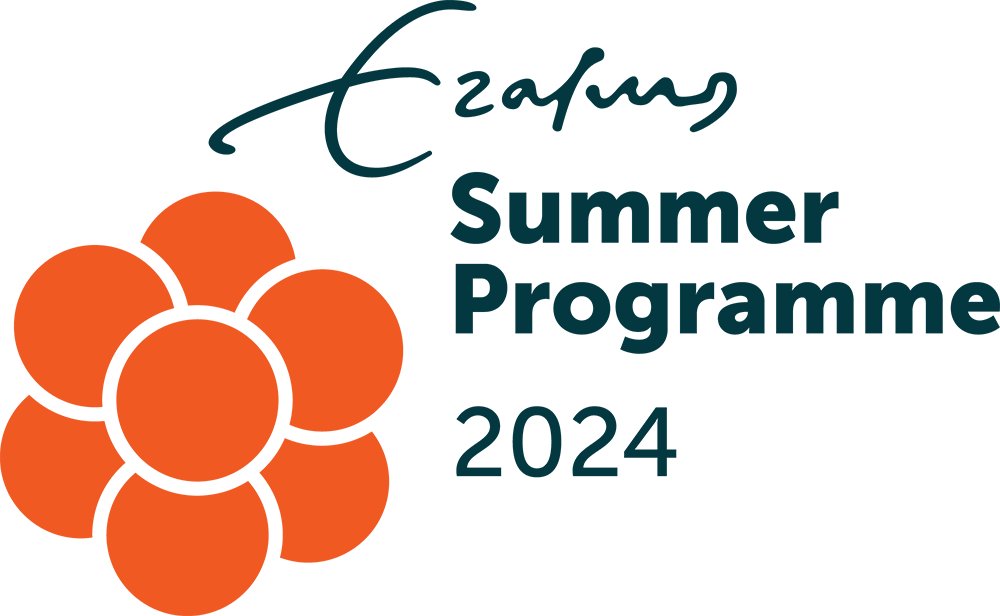Erasmus Summer Programme Courses
Take a look at all the courses in the Erasmus Summer Programme, and find the course right for you.
View all ESP coursesThe Public Health Approach: From the Black Death to COVID-19 [ESP84]
Course highlights
EC points
0.7
Start date
19 August 2024
End date
23 August 2024
Course days
Monday to Friday (5 mornings)
Course time
From 8:45 till 11:45 CEST
Faculty
Prof. Alfredo Morabia
Course fee
€ 793
Location
Erasmus MC, Rotterdam NL
Level
Intermediate Advanced
Prerequisites
There is no prerequisite but the course covers material of increasing conceptual complexity as it moves from the 17th to the 21st century. Doctoral students usually benefit the most from the class, but, because the class is strictly conceptual – no statistical notions are required -, students without a statistical background usually get insights into methods and concepts (e.g., causal models) that are usually taught in a statistical way.
Disciplines
- Public Health
- Methodology
- Epidemiology
Course Materials
Digitally, download instructions will be sent before the start of the course, by e-mail.
Recommended text:
The Public Health Approach
Population Thinking from the Black Death to COVID-19
Alfredo Morabia, MD
Johns Hopkins University Press, 2023 https://www.press.jhu.edu/books/title/12933/public-health-approach
Design your programme
Use our Programme Configurator to design and plan your own programme.
ConfiguratorApply for this course
Want to secure your seat in this course?
Apply hereTestimonial
Detailed information about this course:
Description
Faculty: Prof. Alfredo Morabia, MD PhD
The field of public health has developed a distinctive way of approaching human health by shifting its focus from the health of individuals to the health of populations. This course revisits the history of this population thinking and how it has helped address and combat a series of historic epidemics.
The public health approach has historically evolved in response to major crises like the plague, smallpox, cholera, tuberculosis, influenza, HIV/AIDS, and the COVID-19 pandemic. Through these examples, we will see that individual health outcomes are intimately tied to the health of the population. This public health approach also helps reveal and address behavioral and social determinants of health through the comparison of population health outcomes.
The scientific methods used to study populations help uncover patterns that would otherwise remain hidden when focused on individual health or anecdotal data. Public health professionals think and respond to crises by researching and comparing population data. The course will also discuss how the COVID-19 pandemic—and the successes and failures surrounding our response to it—reinforces the urgent need for the public at large to understand the rational of the public health approach.
Please note: this course incorporates the previous course on the history of epidemiologic methods (ESP53 History of Epidemiologic Ideas) into a larger frame of the history of public health methods.
Objectives
- Understand that public health focuses on populations whereas medicine focuses on individuals
- Understand that the methods and concepts used in public health are in constant evolution and transformation
- Link the plague, cholera, tuberculosis, cancer, cardiovascular diseases, HIV/AIDS, and Covid-19, in their societal context, with the evolution of specific methods and concepts in public health
- Develop an identity of public health scientists aware of the history of their discipline
Participant profile
Researchers in the different disciplines of public health, including epidemiology, biostatistics, sociology, medicine and anthropology, decision scientists, policy makers, historians of science, and jurists.
Assessment
Attendance



